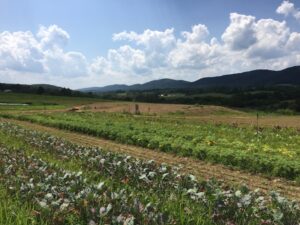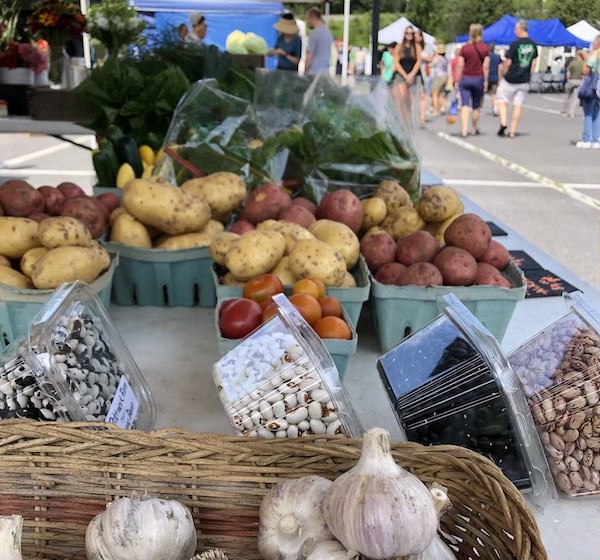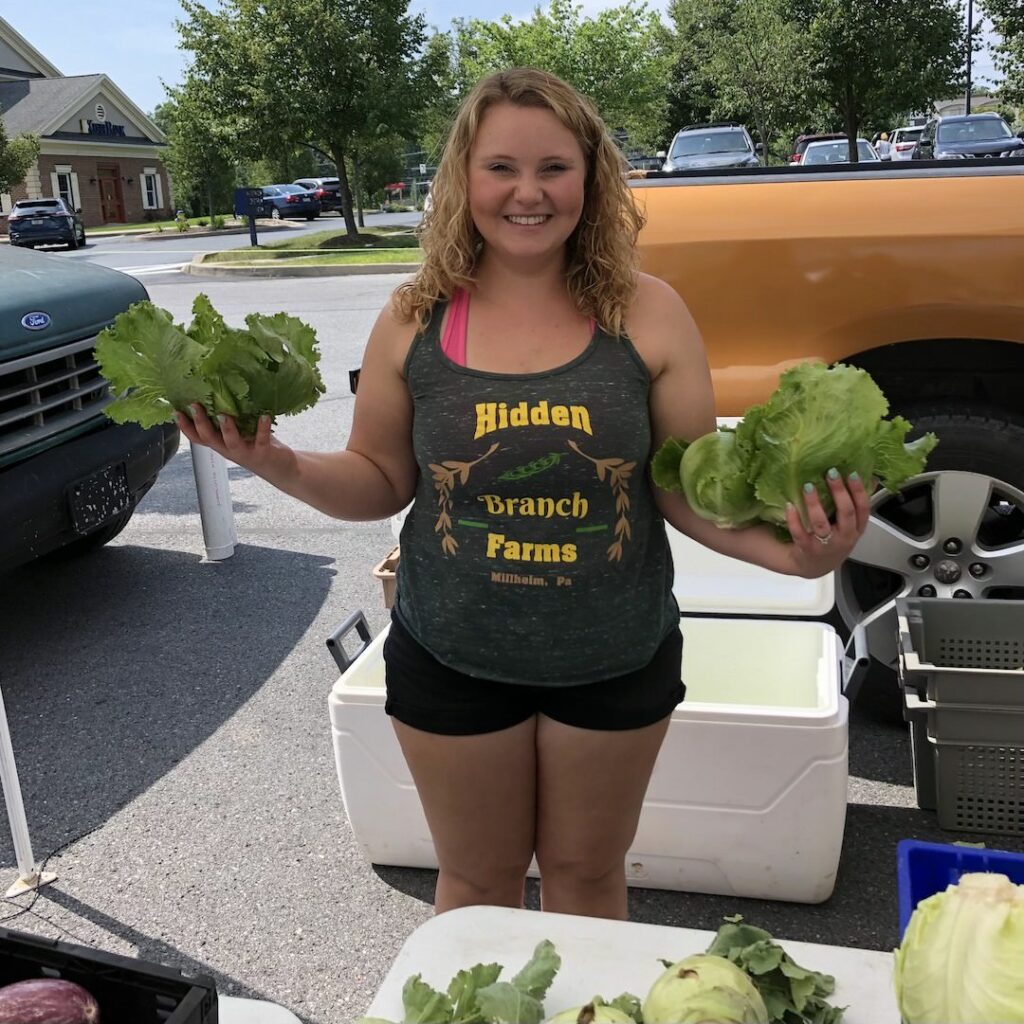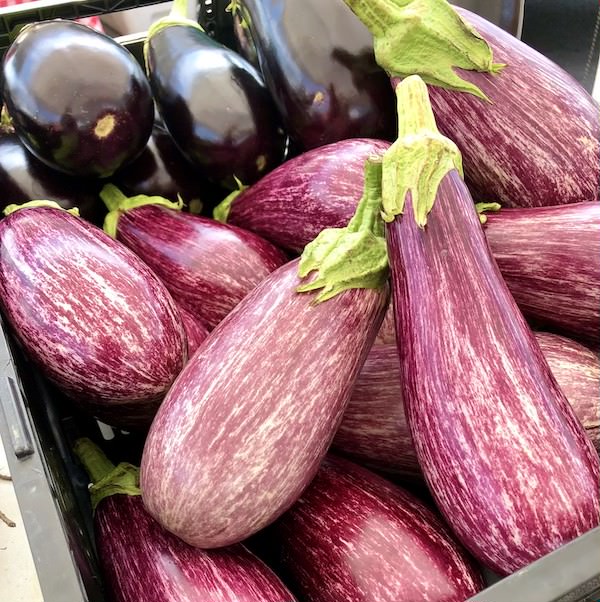Learn how preserving farmland and open land helps to sustain our excellent quality of life in Centre County.

Our fertile soils in central Pennsylvania have long supported farming communities, a vibrant farm economy—plus spectacular scenery and a bounty of delicious, high-quality fruits and vegetables, milk, meats and cheeses.
These good soils also benefit our quality of life in ways that are harder to see:
• Our drinking water in Centre County relies on soil filtering and cleansing groundwater.
• Crops, grasses and forests help cleanse our air.
• Preserving farmland helps a community avoid “sprawl” — or the low-density residential development on large lots, a type of development that increases emissions from houses and vehicles.
• Well-managed soils can draw carbon dioxide out of the atmosphere and sequester it underground as soil organic matter.
Farmland and open lands are also quite attractive to developers as good sites for buildings, a challenge for our growing community. Learn about how Centre County is losing farmland.
But developing or paving land erases its ability to support a healthy ecosystem.
The Centre County Farmland Trust helps to protect land by partnering with landowners to establish a conservation easement, a legal agreement that prohibits future development. Learn more about conservation easements and our work here: How We Preserve Farmland.
:
“The nation that destroys its soil destroys itself.”
Franklin D. Roosevelt in 1937, urging uniform soil conservation laws.
Feeding us, Body & Soul



You’ll find an abundance of produce, meats, eggs, cheeses, preserved foods, bakery and fiber products at any one of Centre County’s five producer-only farmers markets from April to November: Boalsburg Farmers Market, Downtown State College Farmers Market, North Atherton Farmers Market (pictured above), Pine Grove Mills Farmers Market and Bellefonte Farmer’s Market.
Our thriving local foods system nourishes our community year-round with farm-to-table restaurants and an online farmers market, Centre Markets and Centre Kitchen Collective.

While ingredients inspire fine chefs and discerning home cooks, farmland and rural life inspire fine artists. Our partners, the Farmland Preservation Artists of Central Pennsylvania capture the beauty of farm life and animals, handsome barns and our valleys’ gently rolling fields against the mountain ridges. This painting (left) is the work of FPA member Cinda Kostyak. The image below is Just Past the Old Pine by FPA member Susan Nicholas Gephart.

Water Quality
• Much of our area’s population depends on the capability of the soil to filter wastewater, which eventually is returned as groundwater and stream recharge.
• The integrity and supply of our drinking water is related to the quality and quantity of groundwater. Read more about our watershed here.
Climate Change
• One way that preserved farmland stabilizes climate change is to minimize low-density residential development known as “sprawl” that generates higher greenhouse gas emissions from larger houses and lawns and more driving, compared to more efficient land use known as “medium- ” or “high-density” within a growth boundary. The Centre Region’s comprehensive plan calls for the more efficient development within the Regional Growth Boundary. Learn more about How to Protect Farmland in Your Community.
• Learn how an agricultural conservation easement on a 103-acre farm in central Illinois avoided an estimated 19,541 metric tonnes (t) of carbon dioxide equivalents (CO2e) and 8 t of non-GHG air pollutant emissions in the first 30 years, according to an American Farmland Trust report.
• Soil management matters, too. Practices to improve soil health like cover cropping, reduced tillage or managed grazing can draw carbon dioxide from the atmosphere and sequester it underground as soil organic matter, according to “Soil Health Benchmarks” a 2021 report from the Pennsylvania Association for Sustainable Agriculture. Learn more about this PASA project and read the report here. (We are pleased that report co-author Franklin Egan is a Trustee of the Centre County Farmland Trust.)
• The American Farmland Trust is working to help farmers adopt soil health practices to reduce greenhouse gas emissions, and increase the amount of carbon sequestered in their soils. For more information, see the AFT’s website on its Climate and Soil Health Initiative.